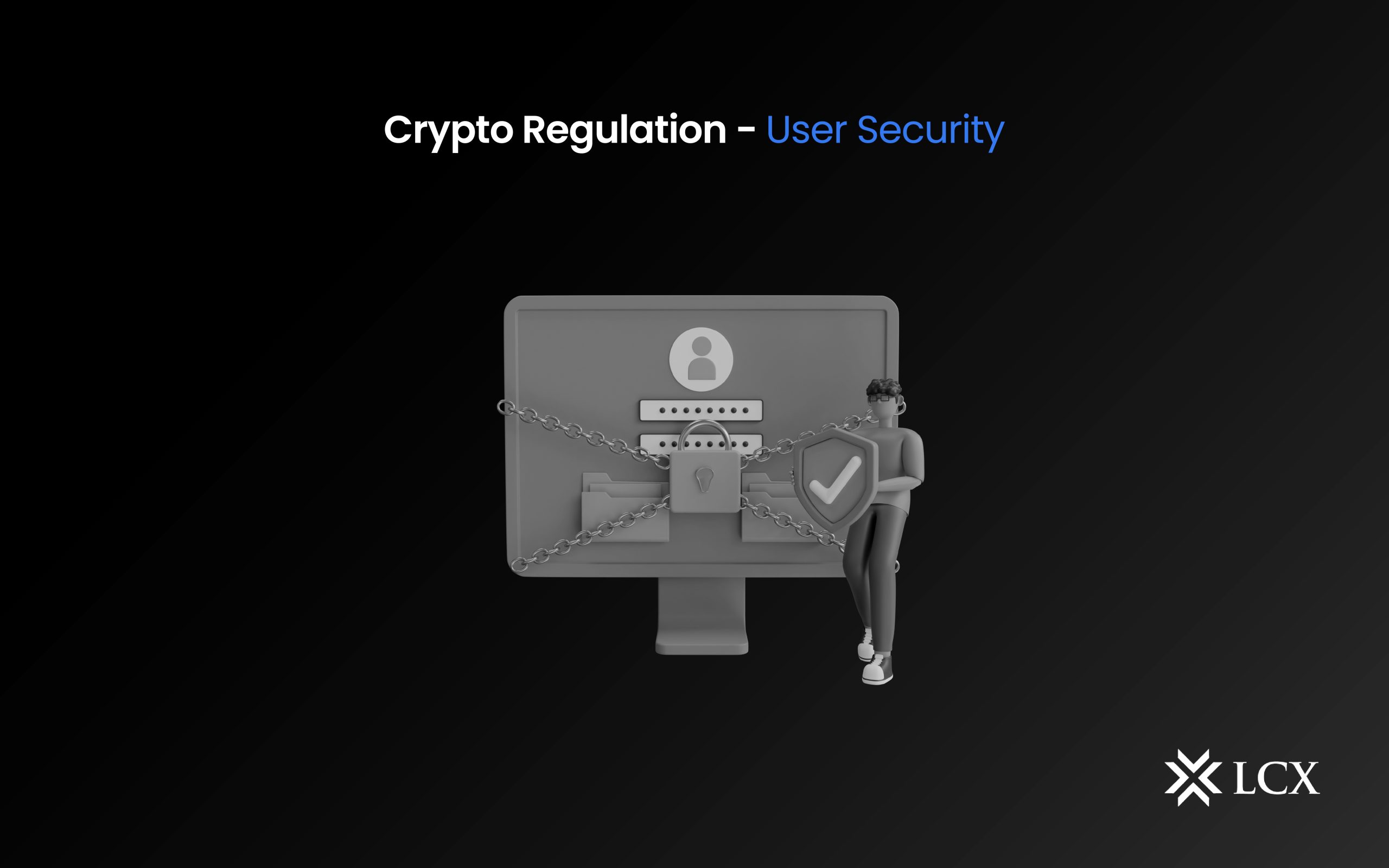The cryptocurrency market has recently been at the forefront of discussions about regulation within the Web3 and digital asset spheres. While the decentralized nature of cryptocurrencies offers advantages such as immunity from control by third parties, it also raises concerns about the safety of investments and personal data. To address these concerns, various nations are developing regulations for the crypto industry to ensure secure investments for individuals and mitigate risks associated with hacks, scams, and monetary loss.
Protecting Your Crypto Assets: How Regulations Are Making Crypto Market Safer
The Rise of Regulatory Concerns in the Cryptocurrency Market
The recent incidents at major unregulated cryptocurrency exchanges have raised legitimate concerns among consumers regarding the security of their funds and investments. These unregulated exchanges lack the legal obligations to ensure the safety of consumer funds, nor are they required to maintain segregation between consumer funds and company funds.
The absence of regulation has created an environment of unpredictability in the cryptocurrency asset market, exposing investors to significant hazards in pursuit of high returns. While the lack of regulation may appeal to some investors, it is inherently dangerous and increases the market’s vulnerability to fraudulent and malicious practices.
The Importance of Cryptocurrency Regulations
Regulations serve to protect against financial fraud and crime, while also enhancing transparency and accountability in the industry. Through the implementation of disclosure requirements for cryptocurrency exchanges regarding the security of consumer funds, personal data, and exchange operations, regulators can foster accountability. Establishing trust, transparency, safety, security, and confidence in the market is crucial for the industry’s sustained growth and prosperity. In addition, regulations can help deter the use of cryptocurrencies for illicit purposes such as money laundering and financing terrorism.
Regulated Crypto Exchanges Puts Consumers First, Offers Enhanced Protection
In regards to cryptocurrency regulations, Liechtenstein is widely acknowledged as having the most transparent legislative framework for digital assets and blockchain technologies. The country’s policies on cryptocurrencies are unparalleled in their comprehensiveness and serve as a model for other nations. In 2020, Liechtenstein enacted a new legal framework for cryptocurrencies and blockchain-based technologies, known as the Token and Trusted Technology Service Provider Act (TVTG)
LCX, a secure, regulated, and transparent cryptocurrency exchange, has secured the approval of eight registrations by the FMA following the Token and Trusted Technology Service Provider Act (TVTG). Regulated and compliant under Liechtenstein blockchain laws, LCX offers the ultimate protection to consumers. At LCX, the consumer funds are segregated from the company funds by law, and in the event of insolvency or mismanagement, the consumer funds can’t be touched.
LCX holds the conviction that, given the rapidly changing nature of the industry, cryptocurrency exchanges must adopt stricter security protocols to ensure the security of both funds and personal data. LCX places a high emphasis on safety and security and implements proactive measures to facilitate secure trading.
To enhance the security protocols within the exchange, LCX collaborated with Hacken to undergo a comprehensive cyber security evaluation and received the highest possible rating. Additionally, as a regulated cryptocurrency exchange, LCX is subject to equivalent supervision standards and compliance requirements, such as customer due diligence (KYC and AML) regulations, as those required of financial institutions or licensed banks.
Conclusion: The Lack of Regulation Poses Threats to the Cryptocurrency Market, but Implementing Regulations Can Foster Transparency and Security
The recent incidents at major unregulated cryptocurrency exchanges have raised concerns among consumers regarding the security of their funds and investments. Due to the absence of legal obligations and segregation requirements, these unregulated exchanges are inherently risky and prone to fraudulent and malicious practices. However, by implementing regulations and imposing disclosure requirements, regulators can promote transparency and accountability in the industry. This, in turn, can establish trust, safety, and security, which will be essential for the sustained growth and prosperity of the cryptocurrency market. Moreover, regulations can also deter illicit activities such as money laundering and financing terrorism.










